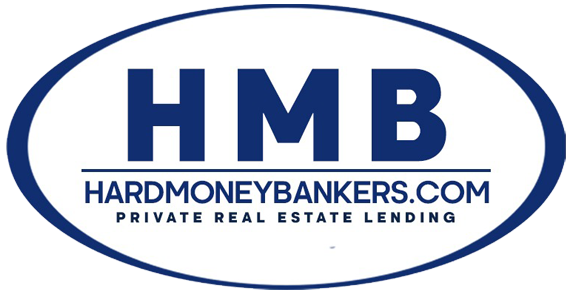Hey, real estate enthusiasts!
Today, we’re diving into a question that many investors grapple with: Should you use private money or hard money for your real estate deals? While both options have their merits, knowing when and how to leverage each can make or break your opportunities. Let’s break it down.
Diversify Your Capital Sources
First and foremost, don’t limit yourself to just one type of funding. Successful investors tap into various sources, including:
- Private money
- Hard money
- Bank loans
- Self-directed IRAs
Each funding type serves a purpose depending on the deal and your situation. The key takeaway? Never miss a great deal because you don’t have funding lined up.
Why Private Money is Popular
Private money is often cheaper and more flexible. You can negotiate terms with private investors to cover a large portion—or even the entirety—of your transaction. This eliminates the need for much (or any) of your own capital.
However, beware of these pitfalls:
- Dependency: Relying on one private lender can backfire if they stop lending or run out of funds.
- Micromanagement: Some private lenders may demand constant updates and closely monitor your projects, making it difficult to focus on scaling your business.
Diversifying your pool of private lenders ensures you’re not left scrambling for funds when one source dries up.
The Case for Hard Money
Hard money loans are designed for speed and convenience. While they might cost slightly more upfront (e.g., higher points or interest rates), they offer several advantages:
- Flexibility: Hard money lenders typically don’t micromanage your projects.
- Speed: They can fund deals quickly, ensuring you don’t miss out on time-sensitive opportunities.
- Reliability: Unlike private lenders, hard money lenders are professional outfits with established processes, making them dependable.
For example, paying an extra $4,000 on a $100,000 deal might seem like a lot, but the peace of mind and freedom to focus on your business often outweigh the costs.
Banks, Cash, and Other Sources
Bank loans are excellent for long-term holds or lower-cost financing, but they can be slow and restrictive. Cash is king, but it’s not always feasible to tie up your liquidity in every deal. That’s why savvy investors maintain a mix of funding sources, including:
- Home Equity Lines of Credit (HELOCs)
- Partnerships
- Joint ventures
Key Takeaways
- Match the Source to the Opportunity: Use private money for flexibility, hard money for speed, and banks or cash for stability.
- Don’t Lose Deals Over Funding: If the deal is good, you’ll find the money. Focus on finding great opportunities first.
- Diversify Your Options: Never rely solely on one lender or funding source. Build a robust network to weather any storm.
At Hard Money Bankers, we specialize in making your funding process seamless. Whether you’re flipping properties or scaling your portfolio, we’re here to provide the capital you need.
Got tips or strategies for funding deals? Drop them in the comments below! Let’s grow together.
Like, share, and subscribe for more private money insights, and let’s keep closing those deals!


